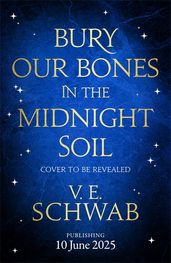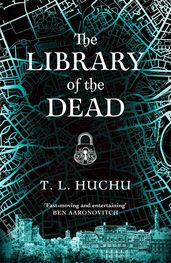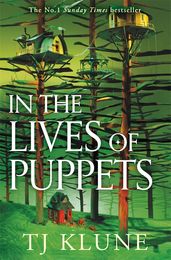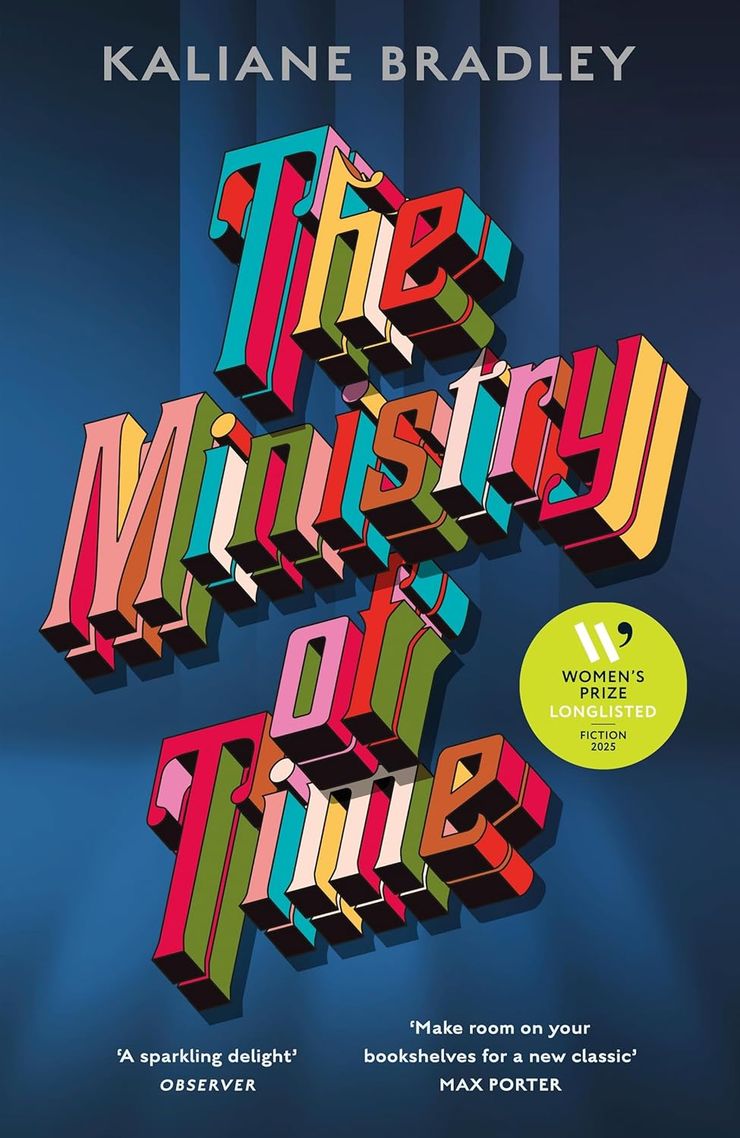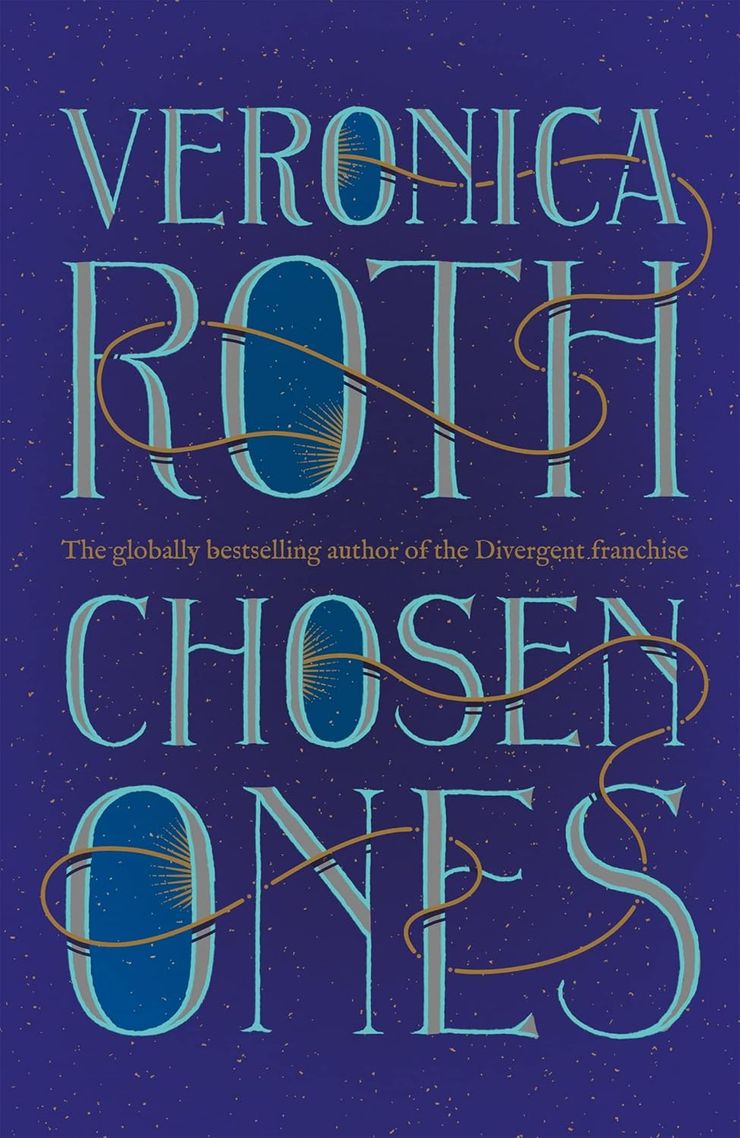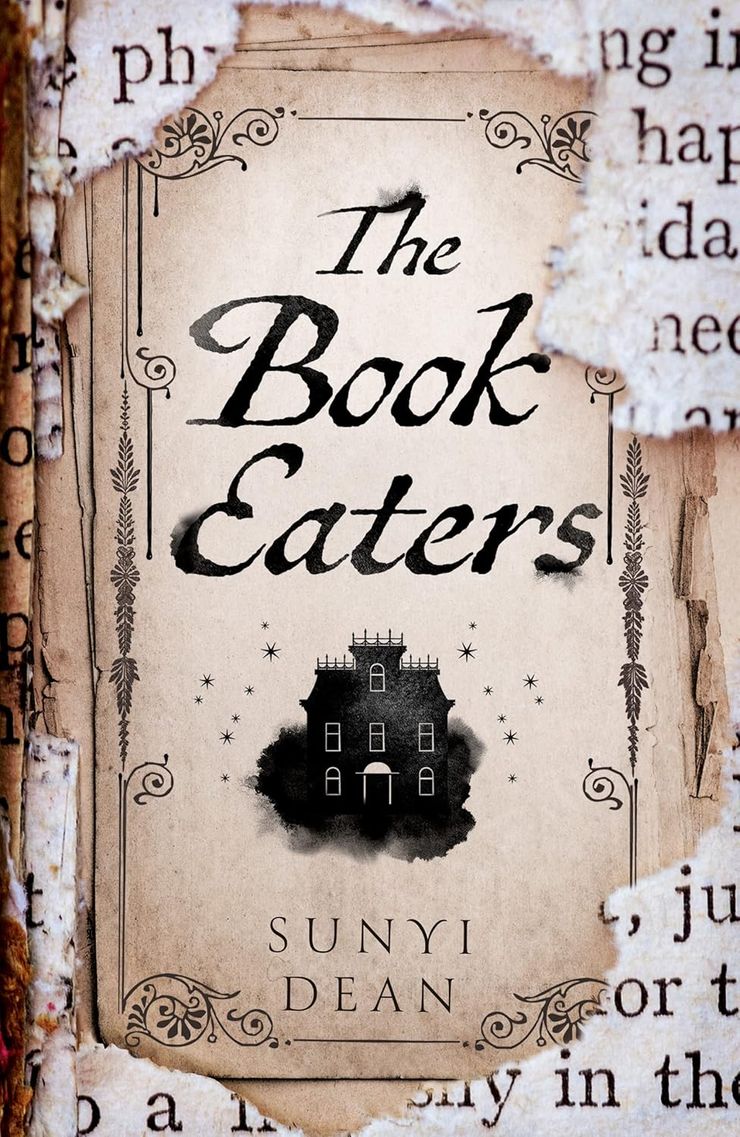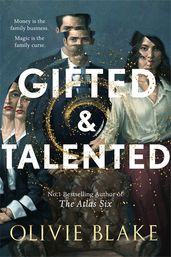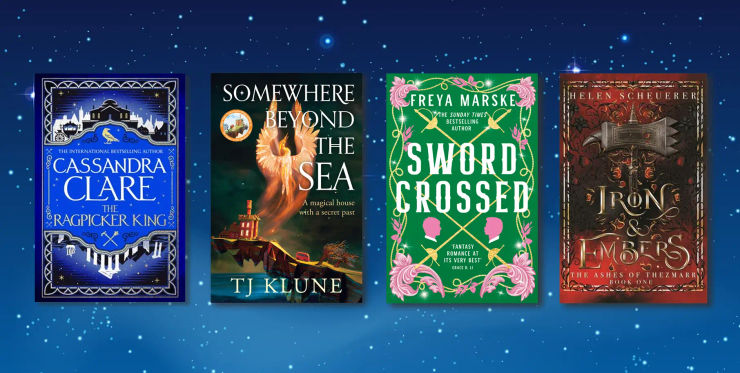Eight morally grey characters you won't be able to resist, as chosen by Olivie Blake
SFF author Olivie Blake loves a hero (or a villain) as much as the rest of us. Which is to say, possibly not quite as much as she loves a character who doesn't fit neatly into either box. Here are some of her favourites.
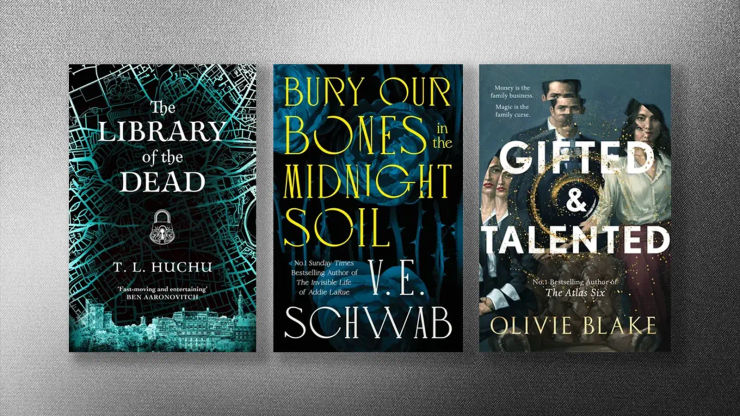
One of the hotter, more ambiguous buzzwords the internet loves to throw around these days is 'morally grey', a quality used to describe any character whose actions do not land neatly on either moral pole of good or evil. A morally grey character typically selects their course of action not by whether the means are strictly good or bad, but by whether the ends align with their personal convictions. Whether those convictions align with social mores is deliciously up for debate.
What I enjoy about a morally grey character, and why I think they’re so prevalent at this particular sociopolitical juncture, is that in a time of sweeping institutional mistrust, it can be harder to justify systemically lawful methods and less possible to make the argument that the system is always aligned with good. Sometimes, it’s more satisfying to watch someone discover in real time that goodness is more complicated to achieve and evil much easier to abet than can be discerned at first glance.
Take the work I’m best known for: The Atlas Six trilogy, which features six once-in-a-generation magicians who are asked from the start to justify an untenable ethical quandary in exchange for limitless knowledge and power. Each of the characters comes at this from a different starting point – some are more lawful from the start, others a lot more chaotic. But the story was always a character study about ethics, not to mention an exercise in scale. It was never about justifying one atrocity, but about whether power is ever justifiable, or if it’s always exploitation. What’s more interesting to me than watching good triumph unequivocally is to see how moral rigidity that’s initially framed as goodness can easily be corrupted, or conversely, how individualism can fail, with better, more satisfying results deriving from a place of ruthless compassion.
The classics of science fiction and fantasy have already given us lawful heroes and villains, those archetypal hallmarks of good vs. evil, and works exploring those themes remain as important as they always were. It’s just that sometimes, it can be a lot more fun to follow a character who’s willing to get their hands dirty to achieve their desired end – and with that, here’s a list of a few that I personally enjoy.
All three toxic lesbian vampires in Bury Our Bones in the Midnight Soil by V.E. Schwab
‘I’m a big fan of V.E. Schwab and have been since I read A Darker Shade of Magic, a book that I consider a classic in SFF. While Schwab can certainly write spine-chilling villains and heartwarming heroes, there’s a particular joy for me in the characters whose motivations are driven by something intimate and personal – Eli Ever and Victor Vale of Vicious, for example, or the characters in Bury Our Bones in the Midnight Soil, who, no spoilers, all vary in what they’re willing to do to achieve their personal ends.’
Bury Our Bones in the Midnight Soil
by V. E. Schwab
The new book from V. E. Schwab, the No. 1 Sunday Times and New York Times bestselling author of The Invisible Life of Addie LaRue, is a triumph: dark, lovely and utterly bewitching. We move from Santo Domingo de la Calzada, 1532, to London, 1837, and Boston, 2019, following three young women, their bodies planted in the same soil, their stories tangling like roots. One grows high, one grows deep, one grows wild and all of them grow teeth in this fierce new take on the immortality tale.
Ropa in the Edinburgh Nights series by T.L. Huchu
‘Ropa is one of my favorite characters in all of SFF – she’s funny, she’s clever, she hates cops, she’s bored by ghosts, she’s driven by love, she truly doesn’t care except for when she does. What makes Ropa so enjoyable is the acrimonious energy of someone who’s had to work much too hard to survive – in book one of the series, The Library of the Dead, she’s only fourteen and already on the grind in a world of corporate and academic greed – but in most cases chooses to be compassionate anyway. What makes that choice all the more satisfying is that you know it doesn’t come from obligation – Ropa doesn’t want to do any of this! What Ropa wants is a nap, and I root for her through it all, probably because I can relate.’
The Library of the Dead
by T. L. Huchu
When Ropa dropped out of school to become a ghostalker, earning a living by carrying messages from the dead to the living, it seemed harmless enough. But then the dead begin whispering about someone who is bewitching children and leaving them joyless husks. When Ropa starts investigating she needs to draw on Zimbabwean magic and Scottish pragmatism to hunt down clues. And what she finds will change her world forever.
Nurse Ratched in In the Lives of Puppets by T.J. Klune
‘Okay, so Nurse Ratched is a robot. So what! This is a world entirely populated by robots with one notable exception, and it’s really enjoyable to observe a character who takes the physician’s 'do no harm' philosophy to a very specially curated degree. Her interactions with a Roomba named Rambo are comic relief in a very Klunean style, but some of the most powerful moments are invoked by a character whose emotional chaos is mostly very lawful, depending on how you interpret the laws.’
In the Lives of Puppets
by TJ Klune
In the Lives of Puppets is a queer retelling of the Pinocchio tale, from bestselling author TJ Klune. In a strange little home built into the branches of a grove of trees live three robots – fatherly inventor android Giovanni Lawson, a pleasantly sadistic nurse machine, and a small vacuum desperate for love and attention. Vic Lawson, a human, lives there too. The day Vic salvages and repairs an unfamiliar android labelled ‘HAP’, he learns of a shared dark past between the robots – a past spent hunting humans. The family, once hidden and safe, are now exposed.
The unnamed narrator of The Ministry of Time by Kaliane Bradley
‘It’s hard to explain exactly why this narrator is so complex without spoiling everything, but this is a classic (?) tale of someone accepting a highly confidential government role and then being asked to do something sketchy for reasons they don’t totally understand. What makes this narrator particularly great/weird/funny/dark is their neutrality about their mysterious overlords – it’s frustrating at times, of course, but you also sympathize with it to some degree, because every aspect of our late-stage capitalist existence often feels like another anesthetized compromise in the name of survival. As they say in the seminal film The Mummy, it’s better to be the right hand of the devil than in his path, and this narrator is. . . well, kinda both.’
The Ministry of Time
by Kaliane Bradley
Our unnamed narrator is a civil servant, given a new job in a shadowy government ministry that's testing out time-travel by gathering 'expats' from across history. She is to be a 'bridge', a person responsible for supporting and supervising one such expat – in this case former Victorian polar explorer, Commander Graham Gore – as they adapt to their brave new world. But as the reality of the ministry that brought them together begins to become clear, they're forced to confront some difficult decisions.
Sloane in Chosen Ones by Veronica Roth
‘As someone who comes from fandom, I love the way this book’s concept kind of feels like fandom framework – the whole 'what comes after the Chosen One defeats evil' is well-trodden ground in fics that are set post-war, post-apocalypse, etc. It’s fun to play with because it asks the question the narrative usually doesn’t address, which is: well, now what? I love Sloane because she’s completely over all of this, and it’s hard not to understand why. The rest of her cohort have accepted the narrative that they’re heroes, but not Sloane – Sloane wants more out of life, and why shouldn’t she feel she’s been used?’
Chosen Ones
by Veronica Roth
When Sloane Andrews and her friends defeated the Dark One, and saved the world, it nearly cost them everything. Ten years later, they are still struggling to put the battle behind them and reclaim their lives. Sloane has had the hardest time adjusting. Everyone else blames the PTSD – and her huge attitude problem – but really, she's hiding secrets from them . . . secrets that keep her tied to the past and alienate her from the only four people in the world who understand her.
Devon in The Book Eaters by Sunyi Dean
‘I once called this book an 'anti-fairytale' because in many ways, it’s a story about a princess who becomes a monster in the name of love. Devon lives in a world where people consume knowledge from books (literally), but their diet is limited to what is 'moral' or at very least acceptable – until she has a son whose condition makes higher demands of her personal ethics. She’s functionally a serial killer on the lam to save him, but that’s just motherhood, am I right?’
The Book Eaters
by Sunyi Dean
The Book Eaters live hidden across the British isles, their numbers dwindling. When Devon Fairweather’s second child is born a dreaded Mind Eater – a perversion of her own kind, who consumes not stories but the minds and souls of humans – she flees before he can be turned into a weapon. Living among humans and finding prey for her son, Devon seeks a cure for his hunger. But time is running out – for her family want her back, and with every soul her son consumes he loses a little more of himself.
You'll meet more morally messy characters in Olivie Blake's latest compulsive contemporary fantasy
Gifted & Talented
by Olivie Blake
Thayer Wren, brilliant CEO of Wrenfare Magitech, is dead. As the ‘father of modern technology,’ he leaves an incredible legacy. But which of his three telepathically and electrokinetically gifted children could inherit the Wrenfare throne? Meredith, head of her own profitable company, has recently cured mental illness but is also a massive fraud. Arthur, second-youngest congressman ever, is about to lose his seat, and his wife. And Eilidh was a world-famous ballerina until injury cut her career short. On the pipeline of gifted kid to clinically depressed adult, nobody wins. Yet as they gather to read his final words, which Wren will come out on top?
